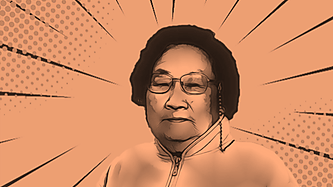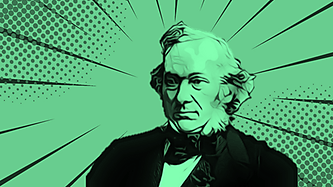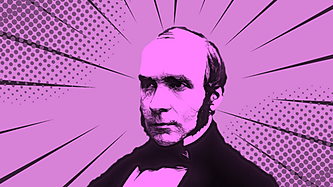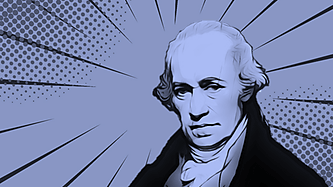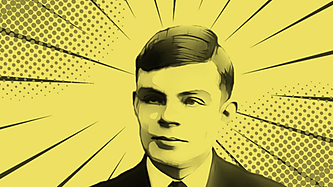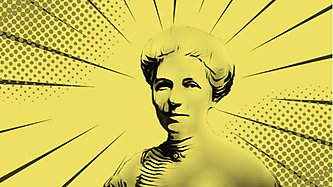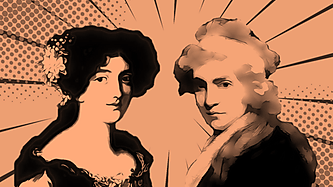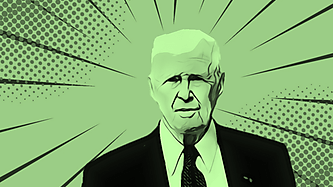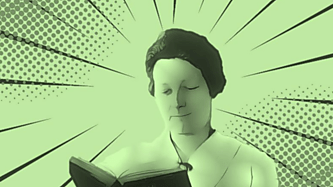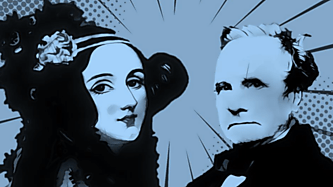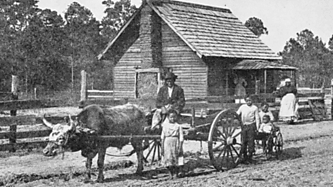Heroes of Progress
This unit focuses on the remarkable historical figures who have embodied human progress and innovation throughout world history. Students will delve into the lives and achievements of influential individuals, exploring their contributions in areas such as science, art, and social reform, cultivating a deep appreciation for the transformative power of individuals in shaping our world.
Lessons
13-part unit
-
Heroes of Progress, Pt. 25: Tu Youyou
-
Heroes of Progress, Pt. 9: Richard Cobden
-
Heroes of Progress, Pt. 17: Malcom McLean
-
Heroes of Progress, Pt. 45: John Snow
-
Heroes of Progress, Pt. 13: James Watt
-
Heroes of Progress, Pt. 34: Alan Turing
-
Heroes of Progress, Pt. 27: Kate Sheppard
-
Heroes of Progress, Pt. 46: Astell and Wollstonecraft
-
Heroes of Progress: Norman Borlaug
-
Rosemarie Fike: Women and Progress
-
Heroes of Progress, Pt. 28: Lucy Wills
-
Heroes of Progress, Pt. 49: Babbage and Lovelace
-
The Slave Who Changed the Course of American Medicine
